PROHIBITED - Any mining activity in a protected area violates NP&W Act says Nangoma
Recent incidents have seen an influx of individuals illegally entering Nkhotakota Wildlife Reserve to engage in subsistence gold panning along the bed of the Bua River in violation of NP&W Act.
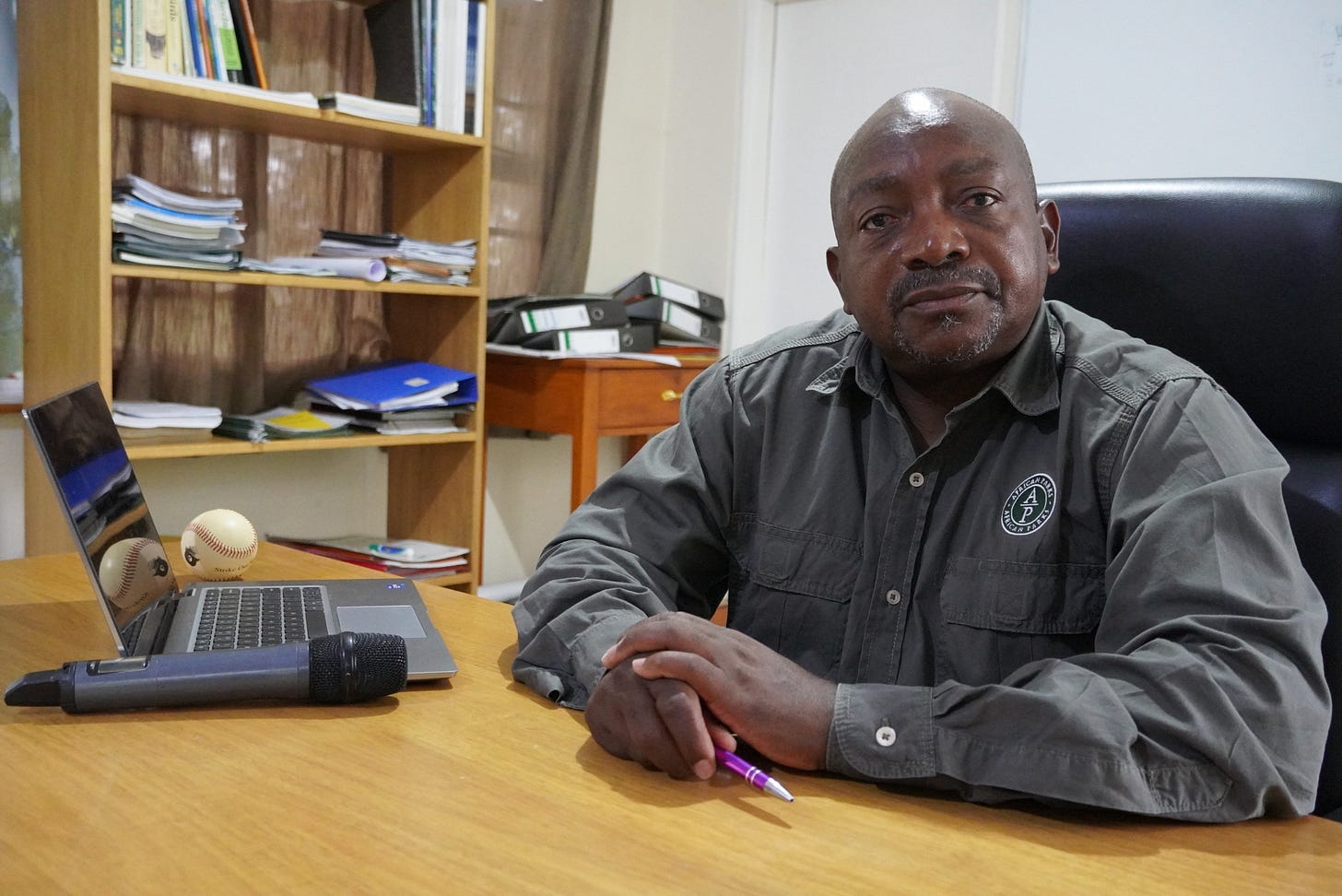
NKHOTAKOTA, Malawi (Planet Defence) – Residents within and beyond Nkhotakota have been cautioned about the enforcement of the law against those violating the National Parks and Wildlife Act. This includes illegal entry into the Nkhotakota Wildlife Reserve to engage in artisanal gold mining along the Bua River, a crucial breeding ground for the Lake Salmon.
Aside from the many wildlife species found, Nkhotakota Wildlife Reserve is an important habitat for over 324 birds, predominantly migratory species.
Covering an expanse of 1,800 km2, the Reserve stands as Malawi's oldest and largest wildlife protected area, renowned for its dense miombo woodland canopy intersected by three major rivers leading to Lake Malawi.
Recent incidents have seen an influx of individuals illegally entering the protected area to engage in subsistence gold panning along the bed of the Bua River. Some have faced arrests and subsequent sentences for violating the National Parks and Wildlife Act as a result.
David Nangoma, African Parks Manager for Nkhotakota Wildlife Reserve, emphasized in an exclusive interview with Planet Defence that illegal gold panning activities within the Bua River and streams are illegal.
"One pivotal aspect of the Reserve is that it is an Important Bird Area (IBA) hosting around 324 bird species, the majority of which are migratory, highlighting the reserve's ecological importance," noted Nangoma stressing the immense biodiversity significance of Nkhotakota.
"Additionally, the Bua River that traverses through the reserve provides critical spawning area for the Lake Salmon, Opsaridium microlepis in the vernacular known as (Mpasa) fish. The Bua River's section within the reserve serves as the breeding ground for Mpasa, providing clean sand beds for egg laying and fingerling growth, ultimately migrating downstream to the Lake later to beef up fish stocks," Nangoma explained.
"Presently, the major challenge we face is illegal gold panning. This unauthorized activity is disrupting the precise sites where these fish species breed, posing a significant ecological problem," Nangoma informed Planet Defence.
"We earnestly request people to understand that this is unacceptable. Whether gold or any mineral may be known to exist within Nkhotakota Wildlife Reserve, it is a sacred ecosystem set aside for wild animals, Mpasa and many other fish species. Mining gold on the Bua River within the Reserve is strictly prohibited. The general practice of gold mining within the protected area is ecologically destructive. Whilst it is permissible to extract any mineral outside the reserve, laws governing protected areas management particularly the National Parks and Wildlife Act prohibits the same within the reserve boundary," Nangoma sternly warned.
He stressed efforts to transform Nkhotakota Wildlife Reserve into a tourist destination by increasing wildlife species through animal translocation and biodiversity conservation in general.
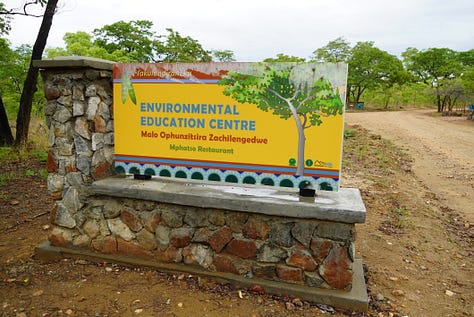
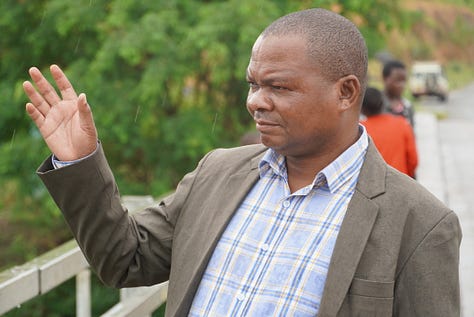
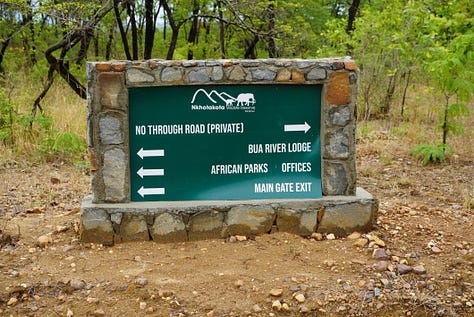
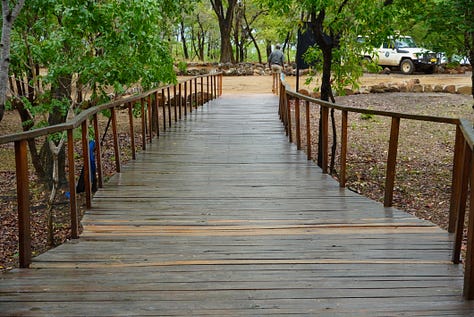
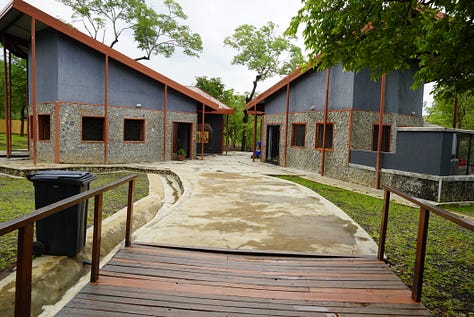
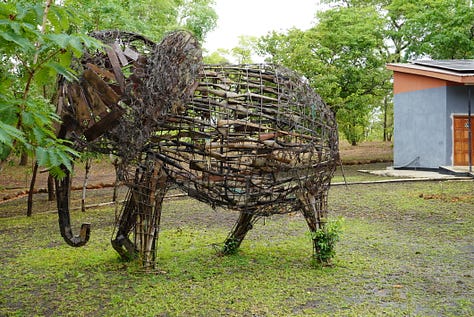
"We aim to develop the reserve into a tourism hub, a goal that cannot coexist with gold mining. These are distinct economic activities that must remain separate. It's our plea to the mining community, and an appeal to the responsible ministry to collaborate with us to ensure issues of illegal gold mining within the Nkhotakota Wildlife Reserve are contained," emphasized Nangoma.
Nangoma further highlighted concerns about the possible environmental repercussions of mining effluents on downstream biodiversity, cautioning the use of cyanide and mercury in gold mining processes.
In response, Senior Chief Mphonde reiterated Nangoma's warning, cautioning communities in his area against the malpractice within the reserve. He emphasized the importance of complying with government regulations delineating the management of the area.
"I've been actively educating my people to refrain from entering the reserve for gold panning activities. Conducting awareness sessions in my area is ongoing, as it aligns with the agreement signed between chiefs and the government," stated Chief Mphonde.
To actualize the transformation of Nkhotakota into a wildlife sanctuary for Malawi's benefit, the Malawian Government engaged African Parks in 2015. They signed a long-term agreement to manage the reserve and collaborate with the Department of National Parks and Wildlife.



